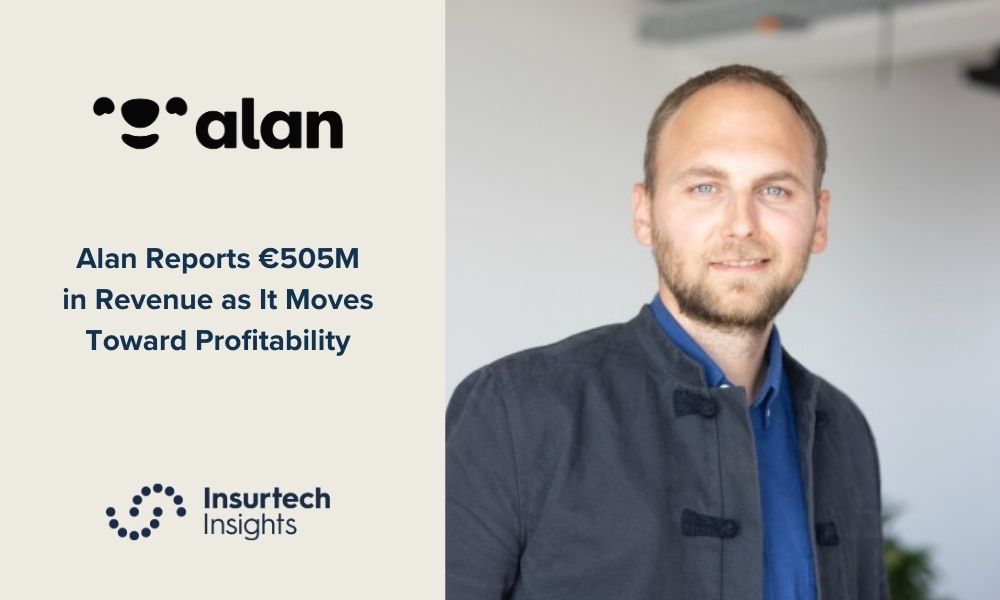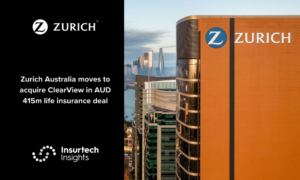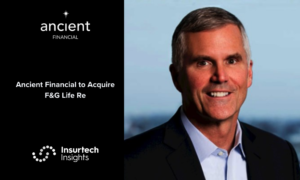The company, which offers fully digital health insurance services, is now setting its sights on profitability.
Founded in 2016, Alan provides app-based health insurance solutions for businesses and employees, incorporating AI-driven medical assistance and wellness resources. The company’s latest figures exceeded its own projections, as it had initially forecasted a 40% revenue increase for 2024.
Alan’s customer base has also expanded, growing from 500,000 to 700,000 covered individuals. The company now serves 32,000 businesses and 20,000 self-employed professionals across France, Belgium, and Spain. Key clients include the French Ministry of Ecology and the Prime Minister’s Office.
Despite its revenue growth, Alan maintained a lean expansion, increasing its workforce by just 8% in 2024. The company also reduced its losses from €59 million in 2023 to €54 million.
According to co-founder and CEO Jean-Charles Samuelian-Werve, AI played a pivotal role in driving efficiency. “There is not a single part of the company that isn’t affected,” he said, highlighting AI’s role in automating customer service, fraud detection, and product development.
Looking ahead, Alan aims to increase revenue by 40% in 2025, targeting €700 million in ARR. The company is also planning to expand its customer base to one million members within the next 18 months, aided by its recent entry into the Canadian market. Alan expects to reach profitability by 2026.
Alan was last valued at €4 billion during its €173 million Series F funding round in 2024, led by Belgian bank and insurer Belfius. The investment also established a distribution partnership, allowing Alan to offer its services to Belfius’s employees and corporate clients.
The valuation places Alan alongside US-based Oscar Health, a comparable insurtech firm with a market cap of $4 billion (€3.84 billion). Oscar Health recently projected revenues of up to $9.3 billion (€8.9 billion) for 2024.
However, industry experts remain divided on Alan’s valuation. Matteo Carbone, founder of the IoT Insurance Observatory, called the €4 billion figure “irrealistic,” noting that Alan’s current premium levels and lack of profitability do not justify such a valuation. He suggested that the valuation is partly supported by Belfius’s role as both an investor and distributor.
In contrast, Adrien Choquet, partner at Banque Hottinguer, argues that Alan’s technological innovation and growth trajectory justify its valuation. “The challenge will be to maintain that tech offering at the forefront over the next few years,” he said. “If you forget the tech and consider Alan as a traditional insurer, the valuation becomes decorrelated.”
Samuelian-Werve remains confident in Alan’s position as a leader in the European insurtech space. “Alan is one of the only players in Europe that has reached a critical size. Few companies maintain such growth with €500 million in revenues,” he said. “And even with this size, we haven’t even reached a 1% market share in our operating markets.”
With ambitious expansion plans, an increasing customer base, and AI-driven operational efficiencies, Alan is positioning itself as a key player in the future of digital insurance.









